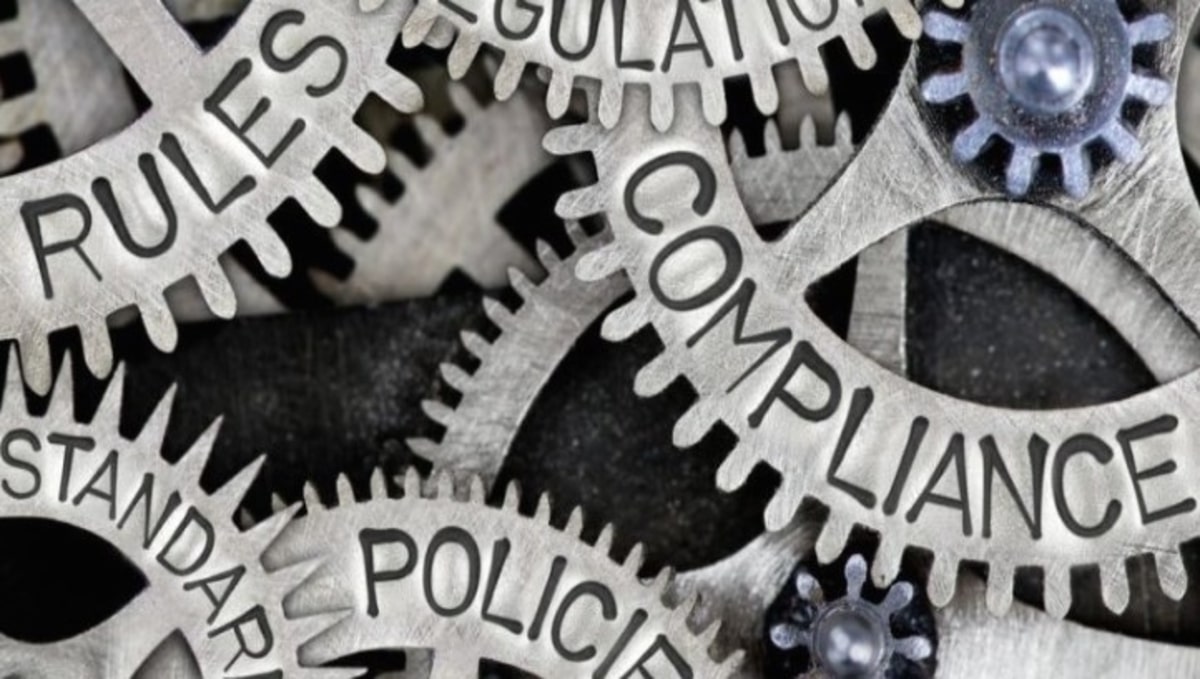America’s Consumer Financial Protection Bureau (CFPB) has brought up an old legal policy (the Dodd-Frank Act) to “curb consumer risks among non-financial institutions.” The agency claims that it lessens consumers’ risk exposure and ensures no partiality in how financial and non-financial institutions serve these consumers.
Through this Dodd-Frank act, the agency can analyze crypto-related offerings and ensure that they don’t pose any risk to the consumers. Furthermore, the CFPB can appraise any crypto company the same way it would do to any bank if they seem to expose consumers to excess risks. Rohit Chopra, the CFPB chief, opined that the goal is to ensure that consumers are exposed to almost zero risks when investing in any asset.
He added, “the increasing number of nonbanks’ consumer offerings forced us to bring up the Dodd-Frank act. Thus, we can hold these nonbanks accountable like we would with traditional banks.” “once we receive any hint that a FinTech’s offerings are too risky for the consumers, we take swift action in examining such offerings. If we deem it too risky, we will stop the FinTech firm from providing such services.”
The CFPB Seeks Public Feedback On This Act
Nevertheless, the CFPB has sought public responses over this rule to ensure that those it seeks to protect also want to be protected. Also, the availability of public feedback will allow affected firms to speak up about the agency’s actions.
The CFPB joins the list of government agencies seeking to perform oversight functions over the flourishing crypto space. Several lawmakers have often reiterated that the best way authorities can perform oversight functions over the crypto space is for several government agencies to work together.
However, the government’s primary focus right now is stablecoins. The fiat-pegged crypto has been a huge concern for many other authorities. While Jerry Powell is convinced that stablecoins and a national digital currency can exist together in an economy, he added that the government would need to curb the extent to which they can be used.
The DeFi Sector And Its Various Challenges
Whatever the case, the US crypto market will certainly feel the effect of any action by the authorities. Whether that effect will be positive or negative will depend on the kind of policy the authorities adopt. But the DeFi space is the government’s main focus right now as they deem it to have a greater impact on the finance industry than other crypto sectors.
The IMF certainly agrees with that line of thought as it stated that DeFi is a big risk to the financial market. Hence, analysts predict that the DeFi sector will be the first crypto sector to face heavy sanctions by authorities.
Apart from facing regulatory scrutiny, the DeFi space also faces threats from cyber-hackers. Multiple data show that the DeFi heists remain the largest among all the crypto sectors. Between January and March of this year alone, hackers have stolen a total of $1.27B from various DeFi projects, a record on its own.

